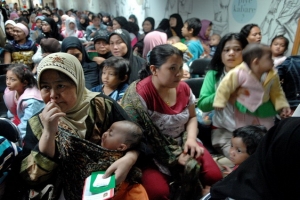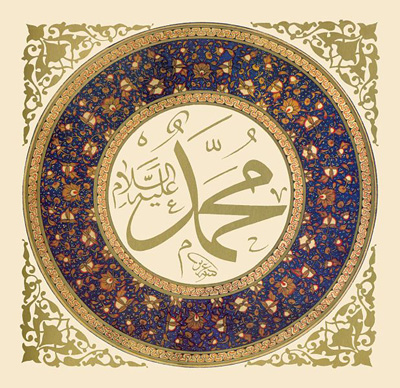
Immigration officers raided a Taiwanese company - Baby 101 Co - on Ramkhamhaeng Road in Thailand on Wednesday.
The company was found to offer an illegal surrogacy service.
Thirteen Vietnamese women were rescued.
Seven of them pregnant with children destined for other people.
The Vietnamese women are now in the care of the Baan Kretakaan welfare home under the Ministry of Social Development and Human Security while police investigate.
Two surrogate mothers who are 18 weeks and 20 weeks pregnant are likely to be returned to Vietnam. Authorities will discuss with the Vietnamese embassy on Monday about sending them back home.
Another had given birth on Monday at a private hospital in Min Buri district.
Somboon Kunatikom, president of the Royal College of Obstetrics and Gynaecology of Thailand, said the 31-year-old Vietnamese woman who has just given birth is entitled to regard herself as the legitimate mother of the baby boy under Thai law.
Any foreign couples who hired her to be the surrogate mum can only apply to become foster parents of the baby if they wanted to keep it.
Otherwise they would have to have their DNA tested to prove that they are the baby's biological parents.
Deputy immigration police chief Pansak Kasemsant said hospitals involved in the arrangement claimed that they are bound by a client confidentiality agreement.
They need help from the Public Health Ministry to understand surrogacy birth arrangements and decide if additional charges should be pressed against those involved.
"We need help from the health and medical sector. At least we need to know if the implanting of an embryo is a wrongful act," he said.
In some instances, the male partner would provide sperm to inseminate the women.
Some of the women had been raped.
A lack of cooperation from the suspect and the rescued women hindered the probe.
The business had been going on for a year.
A preliminary check found two doctors could be involved.
The Medical Council of Thailandl's sub-panel on medical ethics will discuss the issue next week to determine if the doctors meet the qualifications to perform medical services involving reproductive technology as issued by the council.
A Chinese and three Myanmar nationals were arrested in connection with the business and charged with illegally working in Thailand.
A 35-year-old Taiwanese woman, of the four Taiwanese arrested, was suspected to run the operation.
She was also charged with human trafficking.
The network of people involved with the operation offering the surrogacy service for Taiwanese couples is yet to be pinointed.
So far, only charges of human trafficking, detention and employment of alien workers have been levelled against the suspects.
The gang, which operated under the name 'Baby 101' receives email orders or via agents (here's the website) using them as surrogates for wealthy childless couples overseas who placed orders for newborns online.
Department of Special Investigation deputy director-general Narat Sawettanan would ask the Information and Communication Technology Ministry (ICT) Ministry to block the website.
The broker company breaks Thai law by advertises its surrogate-mother service on the website.
Commercial surrogacy is prohibited in Thailand under a medical practice and hospital services regulation.
Couples can only use a surrogate if she is a blood relation and is not paid in Thailand
The baby breeding ring placed the women in two houses in Bangkok.
They were offered US$5,000 (S$6,364) for each baby.
The Vietnamese women told police that company staff lured them to work in Bangkok by promising them well-paid jobs.
The staff allegedly seized their passports on their arrival from Vietnam and asked them to work as surrogate mothers for the firm's clients.
The fate of the unborn children hangs in the balance.
Thai authorities weigh what to do with the offspring of Vietnamese women.
"There is a risk that those children might end up as stateless, that they won't get citizenship anywhere," said Benedict Phillips, Asia strategy director at Save The Children.
Campaigners fear for the future of the infants who are born to desperate women - perhaps not their biological mothers - and into a legal grey area, with Thailand still mulling the ramifications of the case.
The women were freed after they were able to send an email to the Vietnamese embassy, which tipped off Thai authorities.
Nine of them volunteered and four said they were tricked into the scam.














